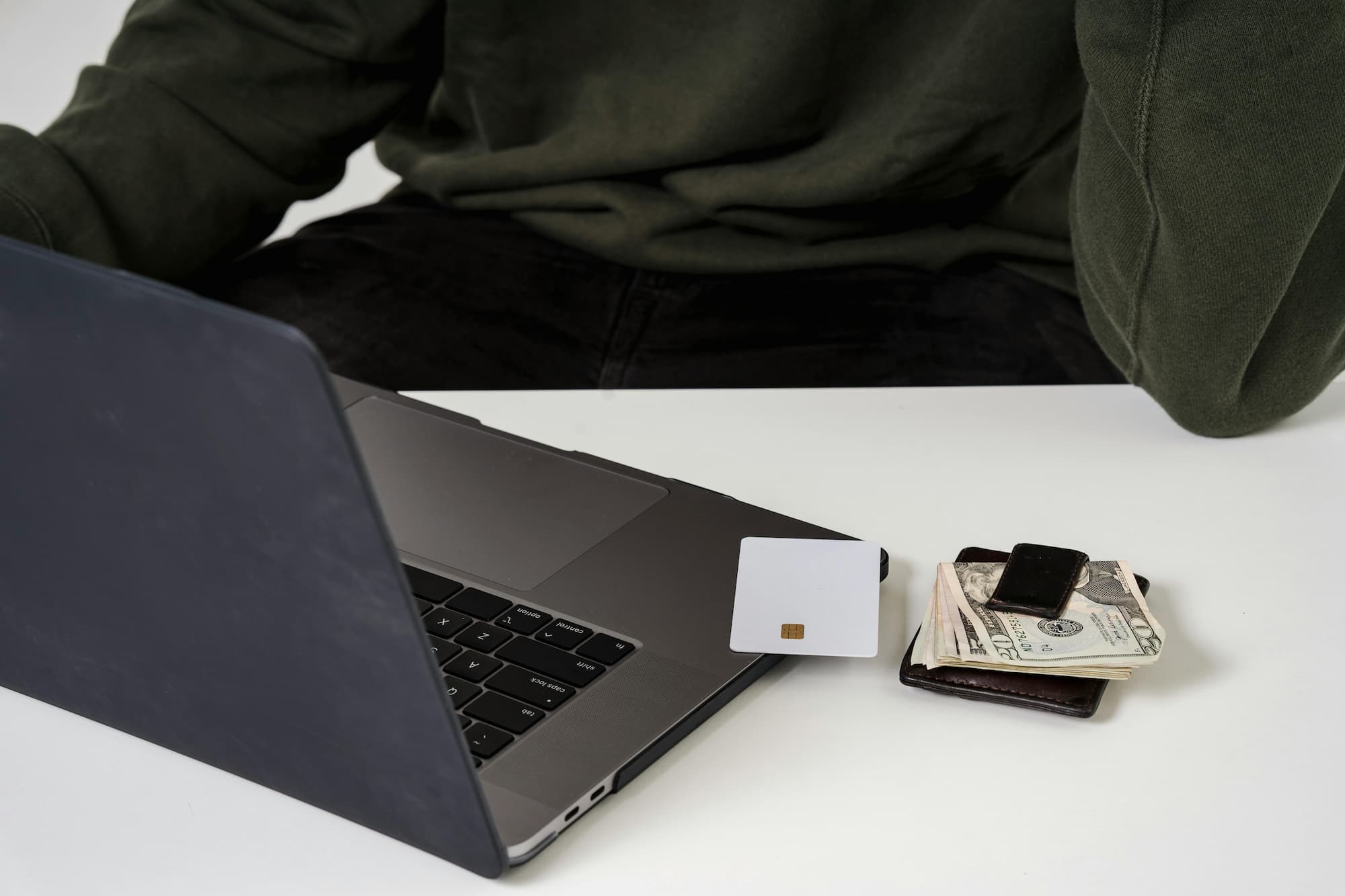When it comes to travel, flight cancellations, lost luggage, medical emergencies, or unpredictable weather can quickly turn an exciting getaway into a stressful ordeal. That’s where travel insurance comes in. But is it really worth spending extra on? Let’s unpack the details so you can decide if travel insurance is the right move for your next trip.
What exactly is travel insurance?

Travel insurance helps cover unexpected expenses that might pop up before or during your trip. Here’s a quick look at what travel insurance typically covers:
- Trip cancellations or interruptions: If you can’t travel due to illness, natural disasters, or other covered reasons, you could get reimbursed for non-refundable expenses.
- Medical emergencies: Think hospital visits, ambulance rides, or even emergency evacuations.
- Lost or delayed luggage: Helps you replace essentials or reimburse you for your belongings.
- Travel delays: Covers additional costs like meals, hotel stays, or rebooking fees.
When is travel insurance worth it?

Travel insurance isn’t always a must, but there are certain situations where it can really save the day.
1. Big, expensive trips
The stakes are higher if you’re splurging on a luxury cruise, a honeymoon in Europe, or a multi-city tour. A canceled flight or a last-minute illness could cost you thousands in non-refundable bookings. Travel insurance ensures you’re not completely out of pocket.
2. International travel
If you’re heading abroad, check your health insurance policy. Many don’t cover medical emergencies overseas. Travel insurance can fill that gap, ensuring you’re not stuck paying out-of-pocket for medical care or evacuation.
3. Adventure activities
Planning to zipline through Costa Rican jungles or scuba dive in Thailand? Adventure comes with risks, and not all accidents are covered by standard insurance. Look for travel insurance that includes high-risk activities.
4. Unpredictable weather
Traveling during hurricane season or winter months? Severe weather can wreak havoc on travel plans. Insurance can help cover trip delays, cancellations, or interruptions caused by natural disasters.
5. Non-refundable bookings
Airfare, hotel reservations, and tour packages can be costly, and many of them are non-refundable. If you need to cancel for a covered reason, travel insurance ensures you don’t lose all that money.
The most common misconceptions about travel insurance

There are a lot of myths about travel insurance. Let’s clear up a few:
“It’s too expensive.”
The truth? Travel insurance typically costs about 4% to 10% of your total trip cost. So for a $3,000 vacation, you’d pay $120–$300. That’s a small price for peace of mind, especially if something goes wrong.
“I’m already covered by my credit card.”
Many credit cards offer some travel protection, but it’s often limited. For example, they might cover lost luggage but not medical emergencies. Always read the fine print.
“I won’t need it.”
Hopefully, you won’t. But no one plans for a flight to get canceled or for their luggage to go missing. Insurance gives you a backup plan when life doesn’t go as planned.
How to choose the right travel insurance

If you’ve decided travel insurance is worth it for your trip, here are a few tips to find the best policy:
- Think about your needs. Think about your trip. Are you traveling internationally? Do you have pre-existing medical conditions? Will you be doing any risky activities? Tailor your coverage to your situation.
- Shop around. Comparison sites like Squaremouth or InsureMyTrip make it easy to compare policies and find the best fit for your budget.
- Understand the exclusions. Some policies won’t cover pandemics, pre-existing conditions, or certain high-risk activities. Always read the details before purchasing.
- Check the claim process. A smooth claims process is key. Look for reviews from other travelers to see how easy (or difficult) it is to file a claim with a specific provider.
When you might skip travel insurance

Not every trip needs travel insurance. For short, inexpensive domestic trips, it might not be worth the cost. If you’re booking refundable flights or hotels, the risk of losing money is lower. Still, it’s always a personal decision based on how much risk you’re comfortable with.
FAQs about travel insurance

Can I get travel insurance after I book my trip?
Yes! You can purchase travel insurance even after booking. However, buying early ensures you’re covered for cancellations that occur well before your departure date.
Does travel insurance cover personal reasons for canceling?
Standard policies don’t, but you can add “Cancel for Any Reason” coverage for an additional cost. This option gives you more flexibility but is typically more expensive.
Final thoughts: Is travel insurance worth it?

Ultimately, whether or not travel insurance is worth it depends on your trip and your peace of mind. For expensive or international trips, the extra cost of insurance can be a lifesaver. It protects not just your finances, but also your ability to enjoy your trip without constantly worrying about “what if” scenarios.




